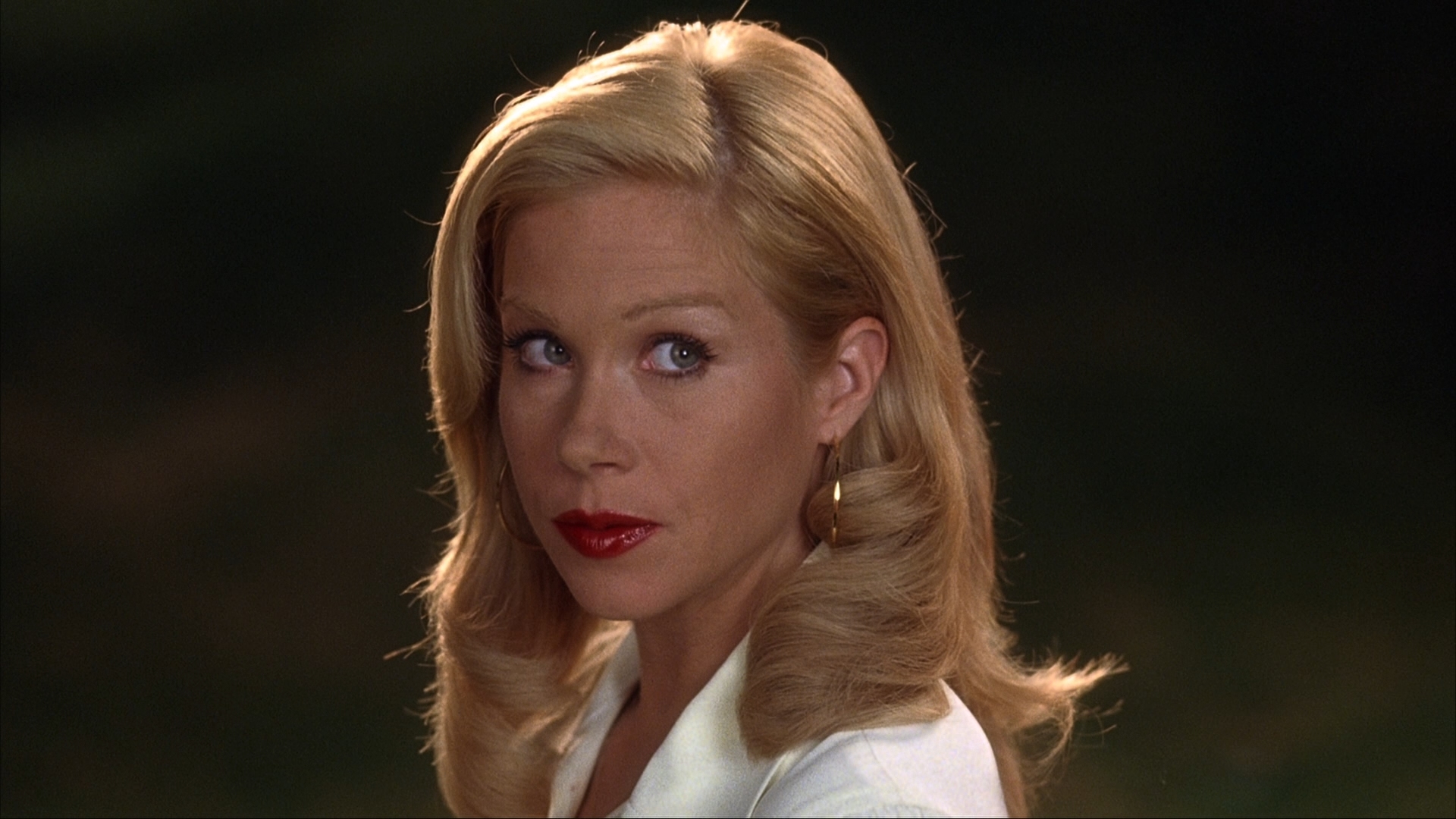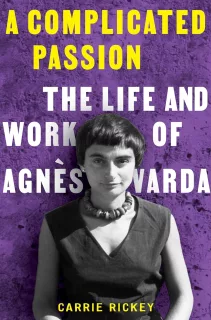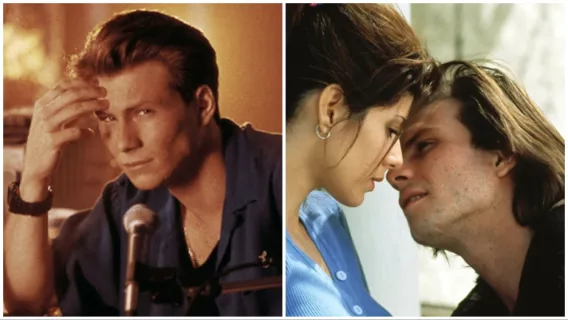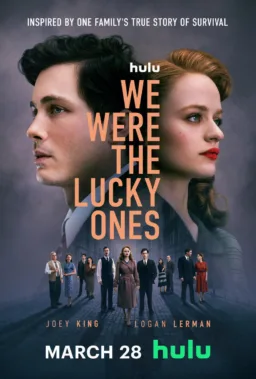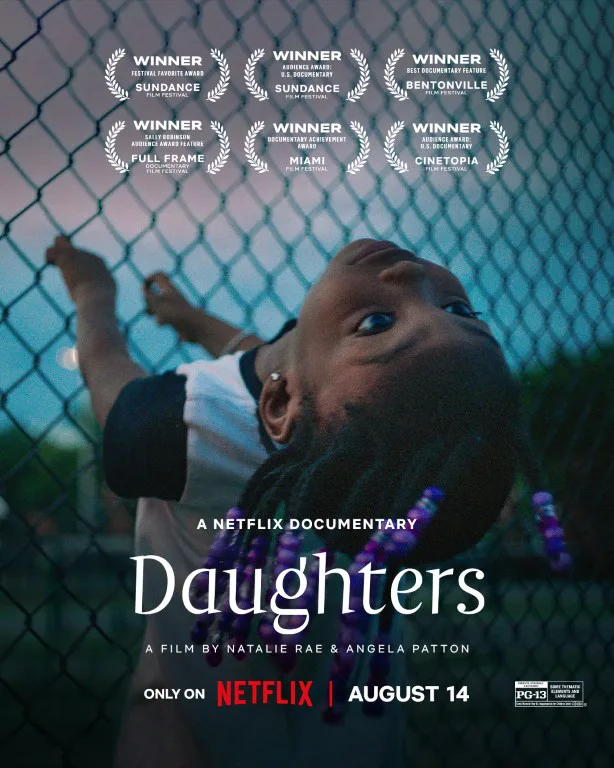When Jerry Seinfeld took the stage at the Kennedy Center in 2018 to pay tribute to Julia-Louis Dreyfus, who was receiving the Mark Twain Prize for American Humor, he told a story about the early days of “Seinfeld.” Before Louis-Dreyfus came aboard, NBC executives were concerned about the show’s viability. “You need a real female character,” Seinfeld recalled being instructed by the brass. “All you’ve got is three stupid guys.” Most network suggestions are terrible, but this one made all the difference: As Seinfeld put it, “We’ve got three stupid guys, let’s add a smart woman—that’s funny.” And, indeed, Louis-Dreyfus’ Elaine reconfigured the sitcom’s DNA, adding a fresh perspective who could challenge the men on their stupidity—and be hysterical doing it. “Seinfeld” wouldn’t have been nearly as successful without her.
It has now been 20 years since “Anchorman: The Legend of Ron Burgundy” graced theaters, cementing Will Ferrell’s viability as a movie star. The film was a murderers’ row of talent in front of and behind the camera. It was produced by Judd Apatow, who a summer later would direct his first feature, the hit comedy “The 40-Year-Old Virgin,” which starred “Anchorman’s” Steve Carell. It was co-written and directed by Adam McKay, who was Ferrell’s buddy on “Saturday Night Live” and was making a similar leap to the big screen. A supporting cast that included Paul Rudd, David Koechner, Fred Willard and Chris Parnell—not to mention cameos from the likes of Vince Vaughn, Luke Wilson, Tim Robbins and Ben Stiller—ensured “Anchorman’s” spot among the great comedies of its era. But none of it would have worked if they hadn’t picked Christina Applegate to play Veronica Corningstone, the one woman capable of upending Ron’s sexist world.
Applegate had been a teen sensation thanks to her breakout role on Fox’s “Married… with Children,” but she struggled to parlay that into subsequent success. Her follow-up sitcom “Jessie” didn’t last very long, and her 1991 film “Don’t Tell Mom the Babysitter’s Dead” got terrible reviews. In the early 2000s, though, her career started finding its second win. She won an Emmy for guest-starring on “Friends,” and soon after she was cast in “Anchorman.” But Applegate wasn’t McKay’s first choice for Veronica, the ambitious TV journalist who, in 1974, becomes the latest hire at San Diego’s male-driven Channel 4 news. According to Saul Austerlitz’s “Anchorman” book Kind of a Big Deal, Amy Adams had been strongly considered, but she seemed too young, while Maggie Gyllenhaal seemed too serious of an actress to feel right for the part. Then came Applegate, whose Veronica proved more than capable of holding her own against Ron and his misogynist buddies. As McKay later said of Applegate, beyond being talented, “She was also a great hang—funny as hell and got the joke.”
The joke was an incisive one. Ferrell had already starred in a blockbuster with “Elf,” but when he and McKay co-wrote “Anchorman,” it launched their brand of broad, subversive comedy that took on sexism and so-called masculine exceptionalism. Ron Burgundy was the first of their inspired creations, a smug, drunken lothario who rules his little fiefdom—that is, until the Women’s liberation movement comes a-callin’ in the form of Veronica, who rejects his advances and proves herself a more capable reporter than he is. Used to being the cock of the walk, Ron is instantly defanged by this confident, independent woman—and quickly turns into a whining, hurt little boy.
For two decades, audiences have endlessly quoted Ron’s best lines while ironically firing up Starland Vocal Band’s “Afternoon Delight.” We think of the epic fight scene between the city’s different news teams. But much like “Seinfeld,” “Anchorman” succeeds because of its juxtaposition of dumb guys and a smart gal. Veronica may eventually fall for Ron, but it’s very much on her terms—she may look like the stereotypical blonde bimbo, but she’s sharp and assertive. At long last, Ron has met his match. And in the process, Applegate developed a new comedy muscle.
“Veronica Corningstone was an experience that gave me the confidence to improv, because I had never done that before,” she told Variety in 2022. “And that was so frightening. These guys—let me preface this by saying, the best men I’ve ever known. The most respectful, kind, supportive, talented. And I’m not blowing smoke, because trust me, I can tell you that I’ve worked with some serious fucking assholes that I did not like. This group was so incredible, with Adam McKay at the helm. But it was very improv heavy—I mean, this is the improv gods that I’m working with. So they pushed me to have to think outside of that box, which is a whole other box! And when people do it wrong, I hate watching it, because it’s so about them. And you’re like, ‘Oh, my God, stop it.’ These guys give you something so that you succeed. That’s the kind of improv that I learned there, and that was such a valuable gift.”
Applegate played Veronica as someone who’s probably had to suffer many a Ron Burgundy in her career, and by now she knows how to deal with them. Veronica informs us that she’s good at three things—fighting, screwing and reading the news—and Applegate’s relaxed, controlled performance was such that you never thought she was exaggerating. As much fun as it is to watch Ron be a cad, it’s even more fun when she starts to torment him thanks to her competence and refusal to become his latest plaything. Just because they’re sleeping together doesn’t mean she’s going to give up on her dreams.
Ferrell and McKay would go on to have other hits—“Talladega Nights: The Ballad of Ricky Bobby,” “Step Brothers,” “The Other Guys”—that also skewered their male characters’ idiocy. And while those movies also incorporated funny actresses, none of those characters—not even Amy Adams’ endearing, nerdy Susan from “Talladega Nights”—was the perfect combination of sensible, sexy and hilarious as Veronica. Ferrell works best with an onscreen partner—think John C. Reilly or Mark Wahlberg—who can give his outsized comedy something to bounce off of. By comparison to his other costars, though, Applegate didn’t provide Ferrell with the usual insanity, manic childishness or slow-burn exasperation. In “Anchorman,” she’s the voice of sanity—she’s our entrypoint into this sexist, ridiculous world. Veronica may be the only major character in the Ferrell Cinematic Universe who we can relate to—she’s refreshingly, entertainingly normal, and she’s victorious because of it. Through her understated, reasonable reactions, we see just what an uproarious pompous ass Ron is. Her thwarting of him feels weirdly satisfying—she gets the jerk to change, at least a little.
Applegate was on a roll after “Anchorman.” From there, she was Tony-nominated for her lead role in the revival of the musical “Sweet Charity” and returned to the small screen for “Samantha Who?” She was part of the 2013 “Anchorman” sequel—although not nearly enough—and starred in the NBC sitcom “Up All Night.” More recently, Applegate was Emmy-nominated for her acclaimed series “Dead to Me,” which was executive produced by Ferrell and McKay. But those professional highlights have been tempered by sad personal news: In 2021, she revealed she had been diagnosed with MS. The condition made it virtually impossible for her to continue appearing on screen, although that was hardly the only way in which her life has profoundly changed.
“With the disease of MS, it’s never a good day. You just have little shitty days,” Applegate explained in 2023, later adding, “There are just certain things that people take for granted in their lives that I took for granted. Going down the stairs, carrying things—you can’t do that anymore. It fucking sucks.”
Beyond all the other reasons that her diagnosis is heartbreaking, MS has curtailed a second act that was still going strong. That comeback began around “Anchorman,” and if you watch the movie now, notice how integral she is to its comedy. Never a prude but absolutely not tolerating Ron’s chauvinistic behavior, Veronica bewitches him from the first moment they meet at that pool party. Feeling studly in his robe and swim trunks, he walks up to her, ready to pounce, only to be disarmed by her scrutinizing stare. She doesn’t know who he is—doesn’t recognize what a big deal (in his own mind) he is—and so Ron starts to sputter, his pickup lines powerless in the face of such poise. This sort of thing doesn’t happen to him. Throughout “Anchorman,” he will try to get the upper hand, but he never succeeds. Veronica is too assured. Dumb guys are funny, but they’re never as funny as when they’re cut down to size by a smart woman.

